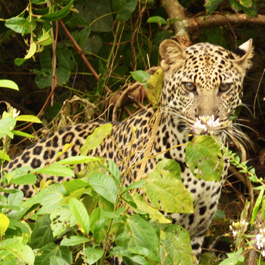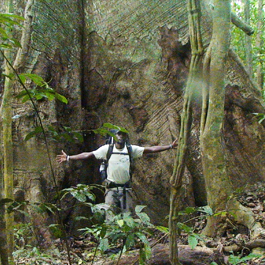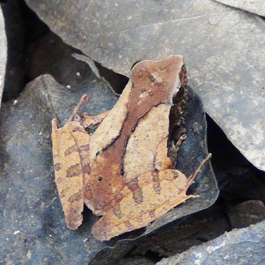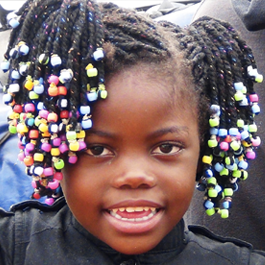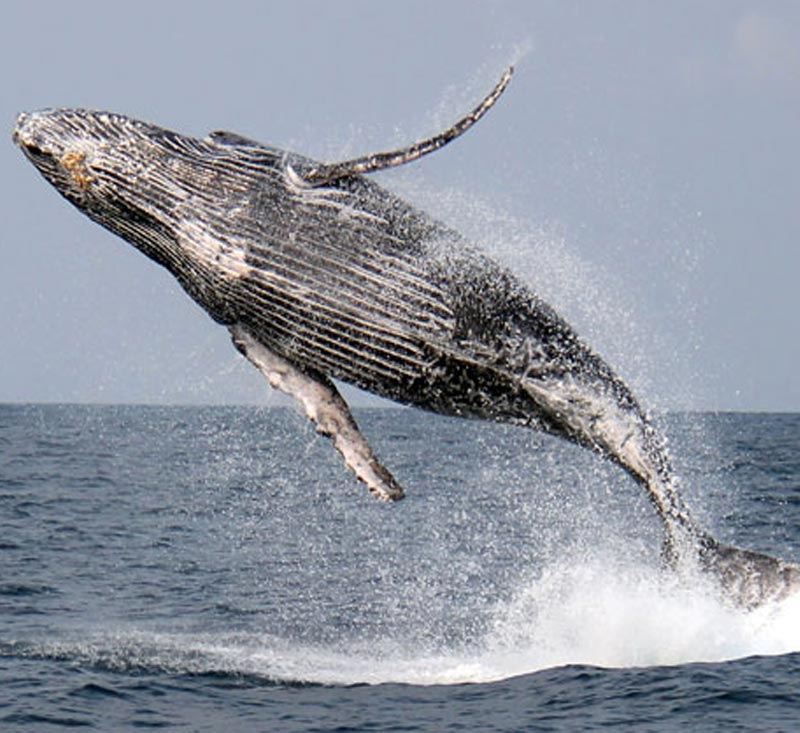
A country of magnificent forests and rivers, Gabon has fantastic potential for ecotourism and adventure travel.
Gabon neighbors the Republic of Congo to the west and has similar geography of dense, lush rainforests and long, wide rivers. Gabon is one of the most scenic African countries.
Inside Gabon’s forests live Western lowland gorillas, Forest elephants, Forest buffaloes, Giant forest hogs, mandrills and chimpanzees, and many monkey species. But such thick forest cover does not make wildlife observation easy. Gabon is a destination for people who have been on a wildlife safari before, and who are seeking something different from their African experience besides ticking off sightings of big mammals.
Gabon’s signature national park is North Loango. It was introduced to the traveling world through National Geographic Society’s films of the early 1990’s, which showed elephants and hippos “surfing” in the Atlantic Ocean off Loango. These iconic images have pretty much on their own secured Gabon’s romantic marketing moniker as “Africa’s Eden”. It-s fair to say that at this point many people equate Gabon with only Loango. Loango is actually comprised of northern and southern sectors. North Loango remains the easier of the two sectors to access and has the most infrastructure for visitors. For those seeking more challenges in their Gabon travels, Moukalaba Doudou National Park in southern Gabon is highly recommended. A good idea for anyone with time and the budget is to combine a Congo Basin safari in the Republic of Congo and/or the Central African Republic with a safari to Gabon’s Moukalaba Doudou National Park. As there are no habituated lowland gorillas in Gabon, Moukalaba offers the perspective of really working for your wildlife sightings, which complements the experience of getting close to the Congo Basin-s habituated gorillas.
In the town of Lambaréné, 4 hours’ drive from Libreville, there is the Albert Schweitzer Hospital, founded by Schweitzer in 1913 and still operational today. Schweitzer was awarded the peace prize in 1952 for his ethical theory of reverence for life. Today there is a small museum and guest house on the site.
Two hours by boat from Lambaréné, Lake Oguemoué and its islands are part of a Ramsar site of international importance with species of rare fish and birds, African fin foot and Pel’s fishing owl among them. Many of the local wildlife species – chimpanzees, elephants, hippos, crocodiles, and manatees – are threatened because of the demand for bush meat. Lake residents are desperately looking for ways to supplement their incomes and have few choices. They have created a small eco-project to welcome visitors which consists of simple tents on wooden platforms, each with a lakeshore view. Meals are cooked by the local families. Activities include forest trekking, birding, exploring the waterways of the lakes district, and village visits.
A stay here is extremely peaceful and a good way to end travel elsewhere in Gabon, but services are simple. Several platforms share a long drop toilet; showers are with lake-drawn water. There is no electricity. This project’s local name loosely translates as something which begins small and becomes big, an apt description for its humble beginnings and plans for development.
There is more to Gabon than its wildlife. There exists in Gabon the belief called Bwiti, which, in its simplest explanation, fuses ancestor worship and animism with the ingestion of iboga, an hallucinogenic tree root. The iboga tree has been known to the Central African pygmies for some 20,000 years. It was from the pygmies, the original forest dwellers, that the Bantu tribes learned about the tree and incorporated it into their own beliefs, especially for initiation and healing rites. Bwiti ceremonies are spectacular to watch. They are accompanied by traditional instruments, and some very dramatic dance. Bwiti ceremonies are not easy to observe. They are private affairs for the most part, and much is considered secret knowledge by members of the initiated.
MTT’s Director lived in Libreville for several years. Travel in Gabon is similar to travel in Congo. It remains defined by what does not go to plan than by what does.
Gabon has the reputation of being a tourist-friendly destination, but this is not the case. Transportation and hospitality services are poor. MTT understands the necessity for tried and trusted logistical support from beginning to end of any journey to Gabon.
Apart from North Loango National Park and weekend destinations for expatriates close to Libreville, accommodation is of poor standard throughout Gabon. Camping is required for visits to Moukalaba Doudou National Park.
The final cost of a safari depends upon many factors: length of the safari; accommodation choice; seasonal rates for accommodation; safari vehicle rental; fuel; driver and guide expenses; local flights; airport transfers; and park, community and activity fees.
Operators which offer set departures and itineraries which don-t alter greatly throughout the year can provide safaris already priced on their websites. MTT’s specialty is bespoke safari services.
Each itinerary is personal and its cost varies. However, typically, safaris in the Congo Basin countries, including Gabon, fall between 600 – 800 USD per person per day, a reflection of the complicated logistics of this remote area of Africa.
MTT LTD accepts Visa and MC credit cards, debit cards, and PayPal through its online invoicing and payment system operated by 3G Direct Pay.
